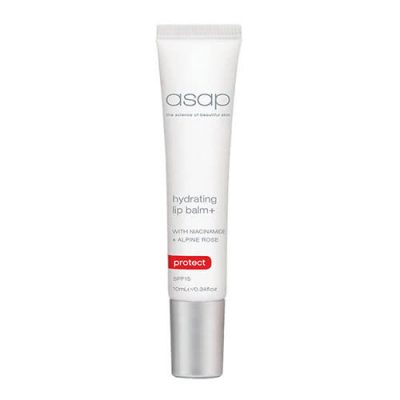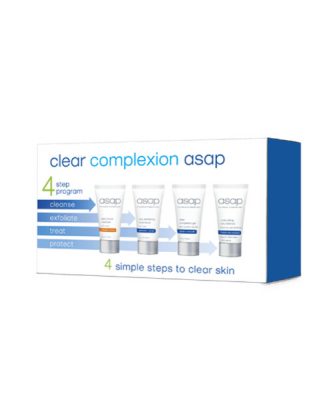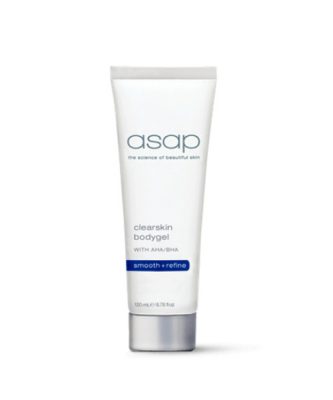What is Wet Cupping/ Hijama
Wet cupping therapy dates back to thirty-five hundred years ago, mention of its use can be found in ancient Chinese, Middle Eastern and Egyptian cultures. It involves drawing out any toxins and impurities from the body.
‘Hijama’ or wet cupping is an ancient traditional medicine practice. The process involves drawing blood from various points on the body by creating small incisions (using a thin needle or blade) in the skin and then drawing out deoxygenated “bad” blood through suction cups. This helps to detoxify the body by improving blood circulation.
Hijama can be used to treat a variety of illnesses such as:
- Various muscular aches (back, shoulder, neck, and knee pain)
- Infertility (for both males and females)
- Neurological disorders (Migraine, Epilepsy, seizures)
- Respiratory disorders (influenza, cough, smoking cessation)
- Gastrointestinal disorders (bowel diseases, constipation)
How does it work?
The treatment will be carried out by a licensed well experienced specialist, it first involves applying a clean cup onto the patient’s selected area then a tool is used to create a suction which draws all the blood into one place and also numbs the skin a little, ready for the incision. After 5-10 minutes, the cup is removed, and using a surgical blade, very small incisions are made, only reaching the first layer of skin. Then the cup is placed back in the same position, suction is created again, then toxic blood is drawn out. The blood is usually dark in color and really thick (jelly-like). Once the blood stops pouring out, the area is cleaned with an antibacterial wipe and Aloe Vera gel is applied.
Benefits?
- Enhances General Health of the body
- Relieves Pain
- Improves physical & mental health conditions
- Has stimulating and strengthening effects
- Stimulates and strengthens the immune system
- Improves Blood Circulation
- Detoxifies the Body
- Purifies the Blood
- Sharpens the Eyesight
- Improves Memory
- Enhances Intellect
- Reduces Stress
- Increases activity in fighting infections and tumors.
- Reduces depression & sadness by releasing chemicals in the brain
- Supplies oxygen, hormones, & enzymes to local tissues and joints
- Allows 80% elimination of substances that cause pain
- Builds up the body’s natural resistance to illnesses
- Removes poison from bites etc.
- Allows tissues to release toxins and removes toxins through the surface of the skin (detox)
- Improves Blood flow & lymph flow to the corresponding organ & activates its function
- Relieves muscles spasms, hardening or stiffness of muscular tissue
- Benefits muscular pains by relaxing spastic muscle fibers
- Reduces unwanted side effects of drugs, removes their residue, and reduces the risk of drug toxicity
Recovery
Other than slight bruising and redness within the area where the cup was placed, there are no severe side effects that will last for about 7-10 days. Some people may feel slightly lightheaded after the treatment due to the blood loss from the wet cupping. This is similar to what you may feel after having a blood test. Patients are given honey water and dates in order to increase their blood pressure after each treatment.
Treatment intervals
Depending on your conditions and requirements, our licensed specialist will plan out a treatment plan during your consultation.
Post Treatments
you should avoid showering for up to 24 hours in order to protect against infections or pathogens entering the body. In addition, it is recommended that you avoid eating meat and drinking dairy products in order to continue your detox journey. If the cupping area feels itchy avoid scratching the area and apply coconut oil, olive oil, or black seed oil over the cupped area to smoothen the skin. Rest your body and avoid any strenuous activity. keep your body covered to avoid any wind or pathogens entering the body.
Who is not suitable for wet cupping / Hijama?
wet cupping cannot be performed on patients who:
- Are on blood-thinning medication (aspirin)
- People with severely low iron (anemia)
- Asthma
- Menstruating or pregnant women
- Those suffering from muscle spasms or bone fractures
- Patients having cancer that is spreading from one’s body part to another








